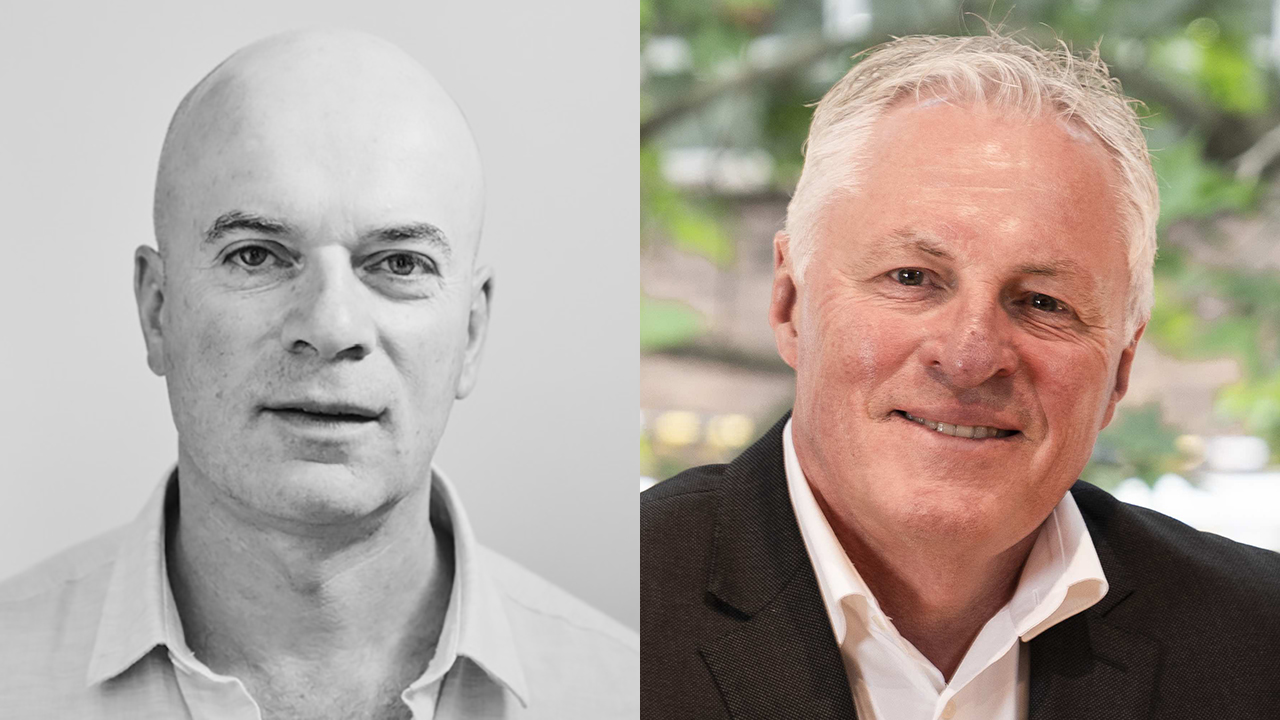The importance of tertiary music education

Ask music companies what they’re looking for at job interviews, and different elements are brought up.
An entrepreneurial streak. Having the smarts to build up a name beforehand. Multi-skilled versus specialised. Brilliantly maverick versus being a good workplace culture fit.
But it’s all about passion for Hannah Pei, head of people and culture at Warner Music Australia.
“Music is one of those things that has the power to move the world, so I want to make sure that whoever is moving the world is there for the right reasons,” Hannah Pehi says.
“In my opinion, passion and creativity are something that every single role in the building needs to have from our accounts payable teams through to our marketing team and the president.”
Jaddan Comerford, founder and CEO of UNIFIED Music Group, recalls one prospective who finished his shift as a bartender in Sydney, drove down to the company’s Melbourne headquarters for the interview, and immediately after returned to Sydney for his next shift.
“We try to understand what sort of person they are, what they want to get out of their career and why they would want to work in a company like ours,” Comerford explains.

Comerford set up his company when he was just 17
“We’re definitely looking at specific skills. But we would rather hire a good person who needs to be trained, than a hotshot we’re not sure would fit into our culture.”
Pehi came to Warner with over 10 years’ experience in HR across industries including FMCG, travel and data & analytics, and has noticed that within the music scene, there are some things that can be taught, and others which are just inherent to someone’s nature.
“That being said there is, increasingly, value placed on people who are fluent in the rapidly changing world around us,” she says.
“How we communicate has changed, the way that we discover talent has changed and the way we interact with music and tap into our creativity has moved right on with it.
“There will always be an element of on the job experience in this industry but if you can equip yourself with a solid foundation you are already miles ahead.”
This “solid foundation” could very well be learning about the widest perspective of the music industry at a tertiary music college course.
Comerford says his team— 15% aged under 25 – come from all backgrounds with different skills.
“But for us when someone comes after study, it’s a signal they want to be in the music industry and they’ve spent three years committed to doing the work.
“At the same time we’re aware not everyone had the opportunity to do that, they were working on a job or it was not possible on a financial level.”
Savvy enough
Comerford was 17 years old when he set up his first company in 2002.
He was savvy enough to realise his artistic ambitions – of creating a community of people who liked the same kind of music – was much stronger than his business sense which would trigger opportunities.
That year, he enrolled to study a degree at Victoria University majoring in music industry.
That first company Boomtown Records become UNIFIED Music Group, now with offices in Melbourne, Sydney, London and Los Angeles, and its divisions include record labels, two festivals, merchandising, publishing, and an artist management roster that includes Vance Joy, Violent Soho and The Amity Affliction.
Comerford remembers how his career moved forward by networking with guest lecturers.
“The most memorable was Ian James of Mushroom Music. Through him I met Michael Gudinski and 10 years ago we founded our publishing joint venture together,” he says.
“He made an impression on a young 17 year old and a working concept came out of it.”
These days courses are as much about problem-solving skills that are creative and tech-adaptable, and the ability to build and manage relationships and work in teams.
Warner’s Pehi agrees.

‘Relationships are at the core of everything we do’: Pehi
“Those things are definitely important to us. Relationships are at the core of every single thing we do.
“Part of our job as a record label is to create, build and nurture the relationship between an artist and the rest of the world.
“We are the teller of stories and a vessel for the art that is created by the artist.
“Our people therefore need build phenomenal relationships across the eco-system that is the music community to ensure that those stories can be told.
“The relationships that begin at music college can be fostered into a thriving network once you complete your education and are then thrust into the real world.”
Tim Kelly, who is program director of arts and entertainment management at the Australian Institute of Music (AIM) brought a thinking culture, entrepreneurship and holistic view of the biz that marked his own career.
In London he edited a fanzine, worked in a warehouse, was a tour manager, played guitar with Flux Of Pink Indians and helped set up One Little Indian in the mid-1980s.
It signed Björk, A.R. Kane, Alabama 3, Chumbawamba, The Shamen, Skunk Anansie, Sneaker Pimps and The Sugarcubes.
After a stint as head of international at Rough Trade Records, he became GM of marketing at Universal Music Australia and Sony Australasia and then managing director of Inertia Records.
Sending signals
AIM’s Graduate Certificate in Music (one semester), or Graduate Diploma (one year) signals that a person has honed their communication and writing skills, they’ve had some professional development in their area, they’ve got a broad- based education, and they’ve completed something, Kelly says.
“It’s not for everyone and people do get into the industry by their own endeavours, and that’s a great thing.
“But for a lot of people, a period of study will enable them to discover the areas they want to get into, and get a real look at that to determine how they want to progress their career.
“They can fine-tune their knowledge skill sets and hit the ground running when they’re in the industry.”

Kelly, with AIM’s chair Ed St. John
The Masters course also attracts mature students, who’re already in the industry but want to keep learning and remain inquisitive, or want to upgrade to a new project.
Just as important, Kelly says is forming independent thinking.
“Sure, you have to have the knowledge of what area you’re going into.
“But if you’re not an independent thinker, you’re not going to be able to problem- solve, you’ll struggle with resilience, and you’re not going to be able to forge your own path.
“Having that holistic view, even if it’s a theoretical rather than a practical sense, enables you to plan easier through to working something out if you have an idea.
“The successful people in the industry are inquisitive about how things work, and have a drive to learn more.
“Education helps you get that. Thinking independently, that start-up mindset is critical.
“Entrepreneurial mindset and making things happen helps you forge your own path and be the next Michael Gudinski.”

































